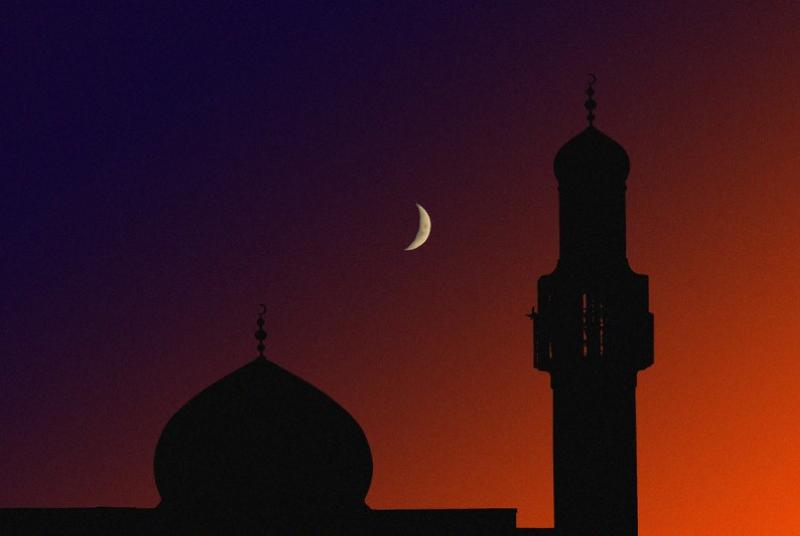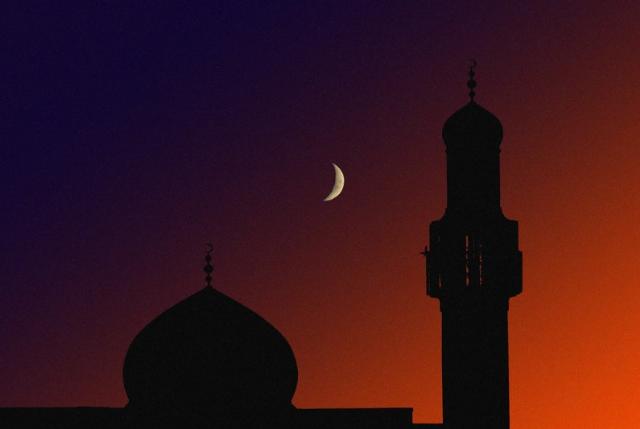


One of my struggles as a self-declared decent person is the tug between my intellectual abhorrence of Islam and my response at a personal level when I see Muslim women walking about with their hair hidden under hijabs. I would never insult or belittle such women to their faces, and I would treat them with courtesy and respect.
But I can’t help but think that at some point, there might be so many hijabs walking around that we stand in real danger of being forced to submit to sharia law. We would have to look the other way as Islam’s indignities are visited upon women, gays, Christians, and Jews.
Those were my thoughts yesterday at the supermarket. A mother and her preteen daughter, both wearing very handsome hijabs, were shopping there. The daughter was chattering happily to her mom, who was very attentive to the girl. In all, it was a sweet scene of familial love and affection. Only the hardest of hearts could disparage it.
But immediately accompanying those benign thoughts were images of what’s happening in Europe and the U.K., and what is now happening in isolated spots (Hamtramck) in the U.S.: Muslim immigrants who see no need to assimilate into the Western cultures they actually despise and whose laws they refuse to recognize or obey.
(They are not like the Amish, another religious sect, who once chose to disobey certain “English” laws such as compulsory public education but did not resist them in a violent or contemptuous manner.)
Then my mind reeled back to Jefferson’s statement about a fundamental aspect of the American belief in freedom of religion: “But it does me no injury for my neighbor to say there are twenty gods, or no god. It neither picks my pocket nor breaks my leg.”
On the surface, since Muslims believe in one god, who somewhat resembles the Jewish god and Christian god, all should be well and good. But Jefferson presumed that a variety of beliefs would co-exist in the new republic, with none of them proclaiming supremacy or dominion over the others.
That is not the case with Islam. The Quran often plainly proclaims Islam’s superiority over all peoples and all religions. It offers those whom it conquers three stark choices: die, convert, or submit. Submission, limited solely to Christians and Jews, entails living as heavily taxed and abused “People of the Book.”
So we are entering a moment when we have to make a hard decision: Does Islam fit into Jefferson’s observation about the promise of the First Amendment? Or do we see Islam as a threat — as much of a threat to America as Marxism? Do we look the other way as more and more mosques become centers of hatred toward America and the West? What do we do if a Muslim-majority city or county insists on enforcing sharia law?
I know that our laws and practices would clearly bar any municipality from enforcing sharia, but that would just be an official position. Given enough Muslim dominance in a locality, sharia could be informally enforced, just as it is now in the banlieues of Paris and certain English neighborhoods. And as in Europe, there would be plenty of dhimmi cops and judges who would look the other way in instances of male Muslims’ brutality or sexual trafficking.
So what do we do about Islam? How do we reconcile our First Amendment ideals with our knowledge that we are facing a militant religion that presumes dominion over all aspects of life — personal and political?
I suggest that there are some legal things we can do to blunt Islam’s encroachment:
At some point, we’ll have to decisively begin treating Islam the same way we do Marxism: as an existential threat to our way of living and being. This means not being timid or reluctant in opposing it when the day arrives for us to choose between it and ourselves.

